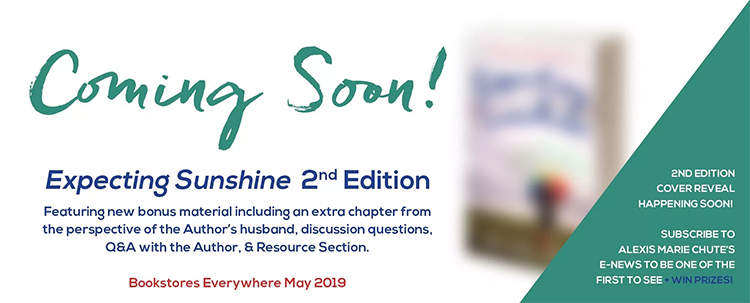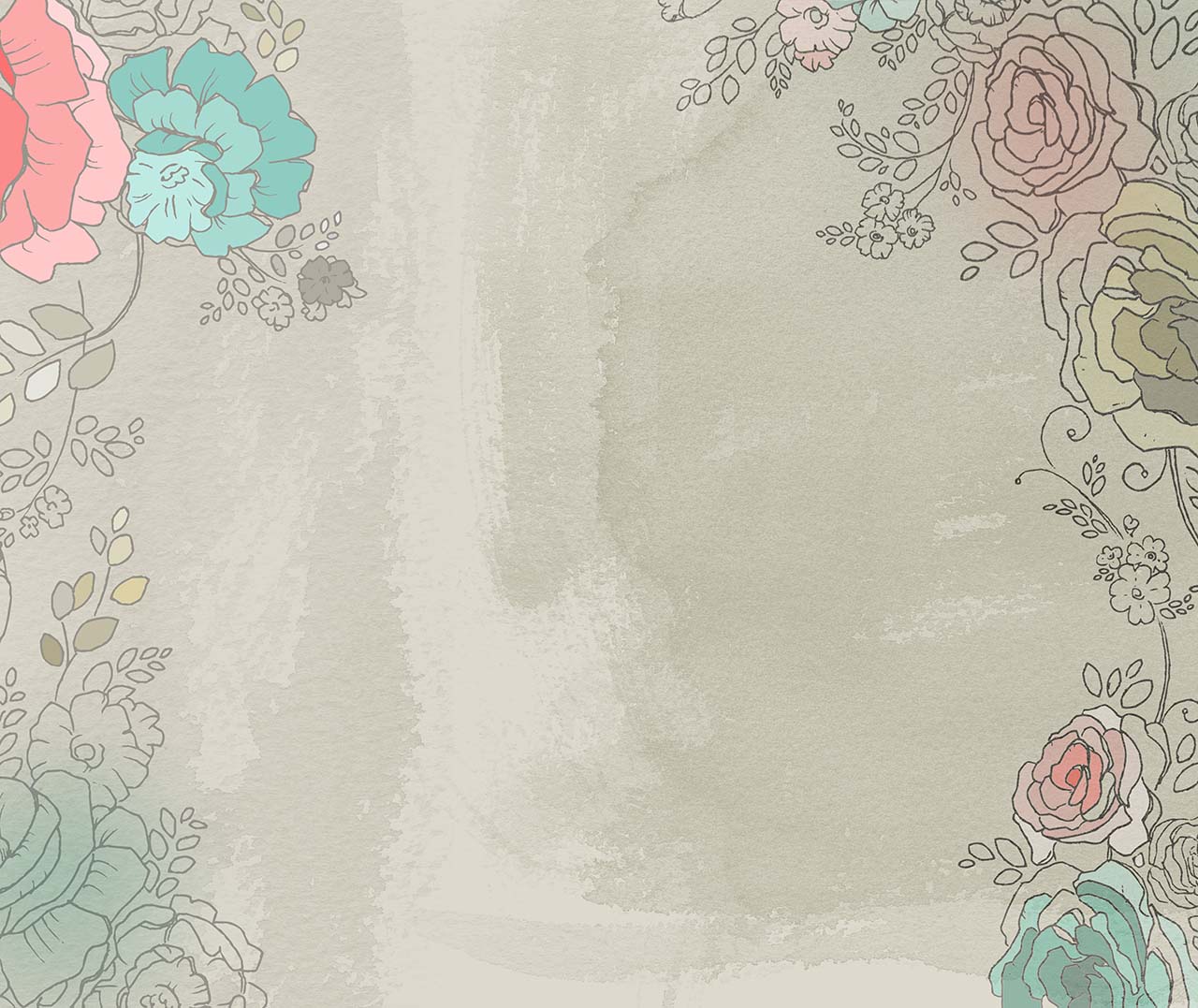March: Pregnancy After Loss Awareness Month
Truly, we don’t need another awareness month. For anyone pregnant again after loss, it is a daily journey – and one that lasts for nine long months. Nevertheless, I am grateful for the heightened recognition for the joys and fears of loss moms and dads who continue to grow their family. I have been there. It is not easy. For me, those pregnancies were some of the most challenging times of my life.
March
Pregnancy After Loss Awareness Month
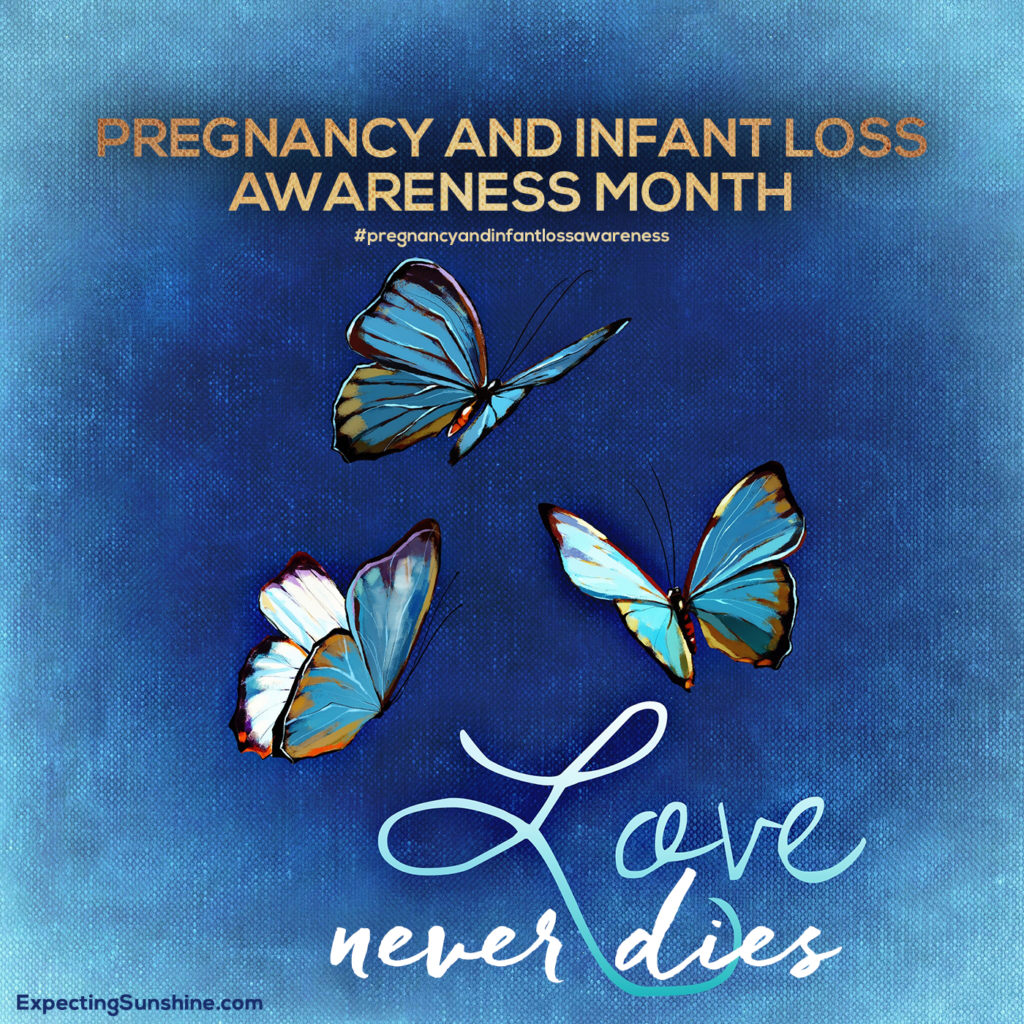
I am grateful to have been interviewed for the Monica & Andy blog. Here is the article by Kristen Dold:
Grieving One Child While Expecting Another: A Rainbow Baby Story
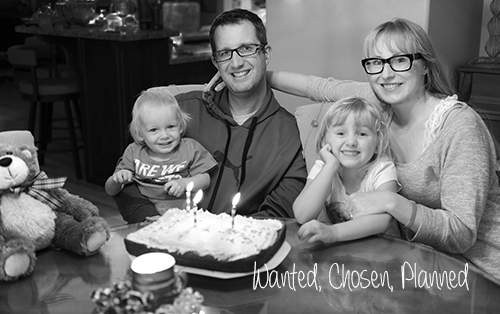
My family celebrating what would have been Zachary’s third birthday, 2013. Photo copyright Alexis Marie Chute
After losing her newborn son Zachary in the hospital, Alexis Marie Chute entered what she calls her ‘year of distraction’—an attempt to fill every spare second of her day to avoid facing her loss and grief. It wasn’t until she became pregnant nine months later with her rainbow baby, Eden, that the slow process of healing truly began. Here’s her story, as told to Kristen Dold.
When I became pregnant with Zachary, I had already had one healthy pregnancy. I was excited to do it again. Everything was fine until we had a 3D ultrasound—one of those 3D ultrasounds you do for fun. They phoned our doctor because they saw something was wrong with our baby’s heart. For the next six weeks I was in the hospital every day, getting ultrasounds and fetal echocardiograms. It turned out Zachary had tuberous sclerosis—a gene in his body that allowed for a really large tumor to grow around his heart. He was having heart failure in utero. We saw specialists and did everything we could to try and save him—ultimately the doctors said the tumor was too tight, too large, and they predicted he would be stillborn. He was a fighter—he was born alive and lived for a few minutes before he passed away on my chest, skin to skin, heart to heart.
The Aftershocks
Even though we knew leading up to delivery that it was likely Zachary wouldn’t live, there’s no way I could have prepared for it. I call the time following his loss my year of distraction—I did everything possible to not think about my grief. I took my daughter on every possible playdate and activity class, and I worked as much as I could to fill up every square space of my time. All the anger and helplessness and sorrow, I just bottled up. We had a memorial service for Zachary, and after that people just start assuming you’re ok—the meals stop, they stop asking questions. I felt totally out of control and lost and yet I had this one year old to take care of.
There was one day I felt so completely lost—I was with my daughter Hannah and she wanted my attention, but I was so lost in my grief and sorrow I couldn’t even be there with her. She head butted me to get my attention, jamming my glasses into my eyes. I just started crying and crying, I called my mom and was having a panic attack.
Pregnant, Again
I wanted to have another baby right away. For moms who’ve lost a child, it’s not a feeling of wanting to replace the child—it’s the feeling of wanting to mother someone, you have this love and want a child to hold and care for and give that love to. There’s so much external judgement—’it’s too soon,’ or ‘why wait so long.’ We have to guard and protect ourselves so much in the season of leading up to the birth of our next child. We waited nine months to get pregnant so we could undergo genetic testing and see if the gene Zachary had ran in our family. (It didn’t).
“There was sheer excitement and bliss—and then the fear and worry slowly crept back in. What if this happens again.”
When I did become pregnant, there was sheer excitement and bliss—and then the fear and worry slowly crept back in. What if this happens again. I realized if I didn’t face my grief head on, I would carry it in a really damaging way the rest of my life. I didn’t have role models for how to grieve. There was depression mixed in. My mom found a truly great psychologist who helped me regain who I was and helped me with the guilt I felt with Zachary, even though there was nothing I could have done. She helped me with that internal dialogue—I kept saying, ‘I should have been able to do something, I should be more present with my living child.’ I learned to turn those thoughts into ‘I can’ or ‘I want to’ statements. She empowered me to be authentic to how I was feeling—I didn’t have to be bubbly.
I spent the 9 months pregnant with Eden to nurture my grief and practice self-care. I pulled back from all my work commitments, I gave myself time to breathe. I got back into my artwork and processed my grief subconsciously through creativity—it was a place my mind could wander. I did meditation and mindfulness. I had a tea and bath ritual. I tried to embrace the beautiful mystery of life and accept that there are things I cannot change.
Reconnecting, and Facing Fears
My husband went back to work right away after we lost Zachary, and during my rainbow pregnancy he didn’t recognize or accept that I was going to have a baby until I was 35 weeks pregnant. I was so angry—I didn’t see it from his perspective. Until we sat down and talked, I never realized the deep undertones of male grief. How they’re not supported or encouraged to cry or express their feelings—they’re expected to get back to work and take care of everyone.
“I tried to embrace the beautiful mystery of life and accept that there are things I cannot change.”
What I couldn’t get out of my own head was the silent delivery, Zachary never cried or opened his eyes, he just moved a little bit in my arms. The hospital became this place of death, not life and new beginnings. We met with a social worker in the neonatal unit to walk us through the halls again, and try and infuse it with positive anticipation. We brought a photo of Zachary with, we wanted to include him in the experience as well.
Moving Forward
While pregnant with our rainbow baby Eden, people would often say “oh are you pregnant with your second?” and I’d say, nope, this is actually my third, my second child passed away. We had another baby after Eden, and now all three kids are involved—if someone says, “oh are there three of you?” they’ll say, “no we’re actually four!” It’s really special. Some people respond by being completely uncomfortable, but at the end of the day I’ve found that when I was open with my story, so many people would share theirs—‘Oh I’ve had a miscarriage’ or ‘I’ve had a stillbirth’ or ‘I know someone who has.’ I realized if we’re open about our losses we can create a community and support one another, and realize we’re not alone.
March is Pregnancy After Loss Awareness Month—if you, or someone you know, needs support, please visit pregnancyafterlosssupport.com
You can read more about Alexis’ story in her memoir Expecting Sunshine: A Journey of Grief, Healing, and Pregnancy after Loss.
***
To read more of my story, pick up a copy of Expecting Sunshine: A Journey of Grief, Healing and Pregnancy After Loss *
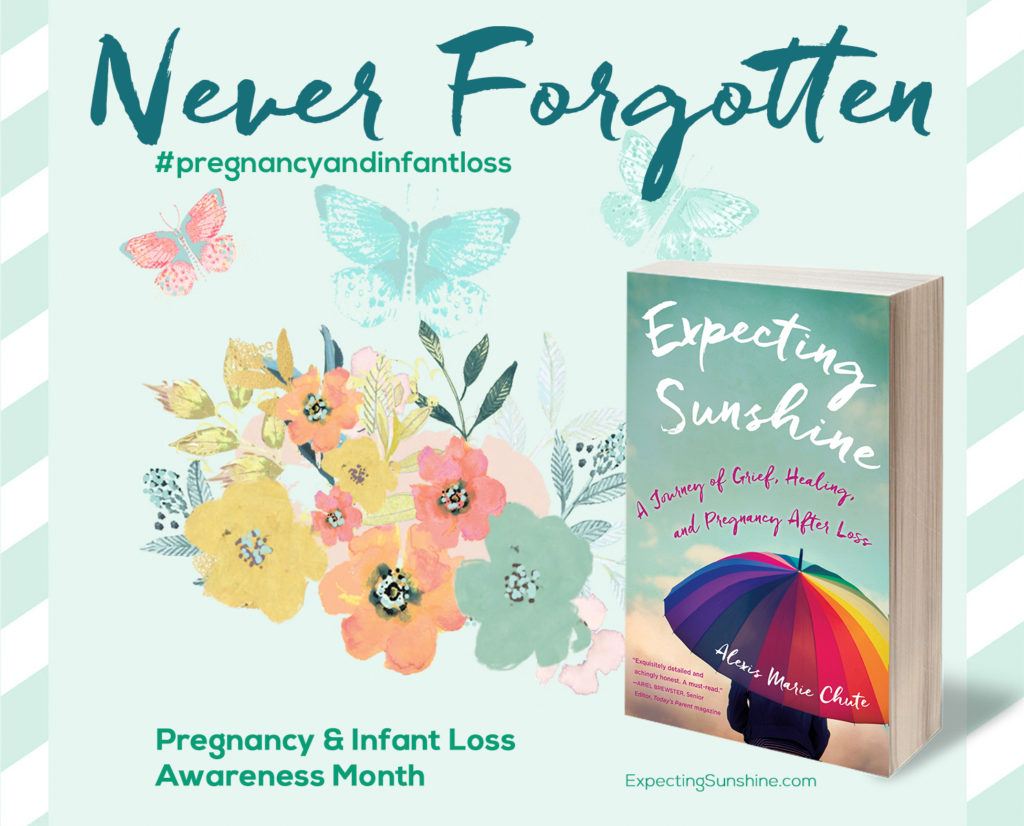
*Second Edition of Expecting Sunshine coming May 1, 2019!
